CORPORATE
Jet Airways set to fly again as NCLAT clears JKC’s resolution plan
- IBJ Bureau
- Mar 13, 2024
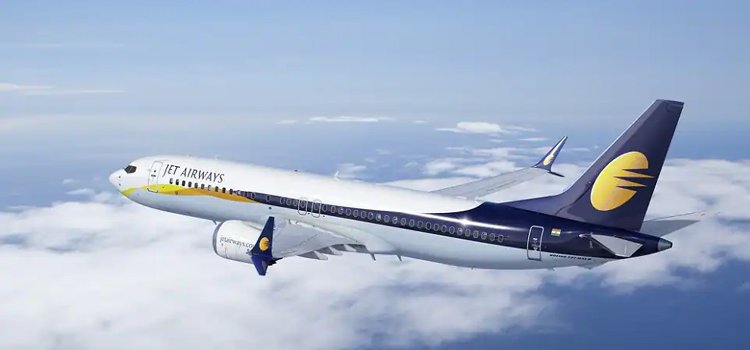
The National Company Law Appellate Tribunal (NCLAT) on Tuesday cleared the decks for revival of Jet Airways as it upheld the resolution plan of the airline and approved the transfer of its ownership to Jalan Kalrock Consortium (JKC).
Jet will be the first airline to undergo insolvency resolution under India’s bankruptcy laws – when it starts flying.
“NCLAT has approved the implementation of the resolution plan as originally approved without any deviations and has given directions to lenders for specific and immediate implementation,” Jet Airways said in a statement.
The development led to the shares of the carrier to remain frozen at the upper circuit level of 5 per cent on the BSE.
After it was grounded in 2019, Jet had undergone an insolvency resolution following which JKC had emerged as the successful bidder.
However, the consortium was engaged in a dispute with the lenders which contended that the consortium did not meet certain conditions.
The consortium had said that they had submitted a performance bank guarantee (PBG) of Rs 150 crore to meet its total obligation of Rs 350 crore, which was the condition of the resolution plan.
In 2023, the National Company Law Tribunal (NCLT) had held that the consortium had completed all condition precedent. This had led the lenders to challenge the order at the NCLAT.
The appellate tribunal said that the resolution plan provided that performance security be given by the successful resolution applicant. As a part of this, a PBG of Rs 150 crore was handed over to the lenders.
Further, property in Mumbai’s Bandra Kurla Complex has been with the lenders, whose security value has been noted as Rs 246 crore.
“We fail to see the reason for lenders not proceeding to implement the resolution plan. Instead of taking positive steps to implement the resolution plan, the learned counsel for the lenders in their oral submission has always been pressing for directing the liquidation of the corporate debtor, which is neither acceptable nor legal,” the appellate tribunal said.




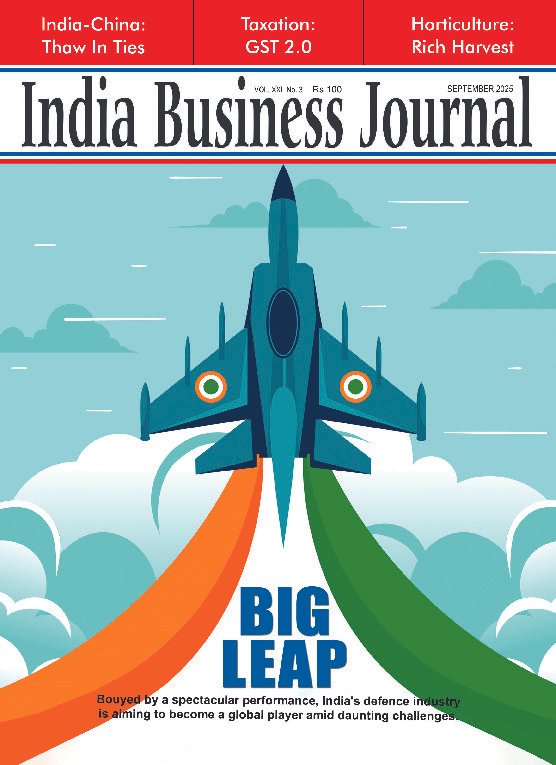
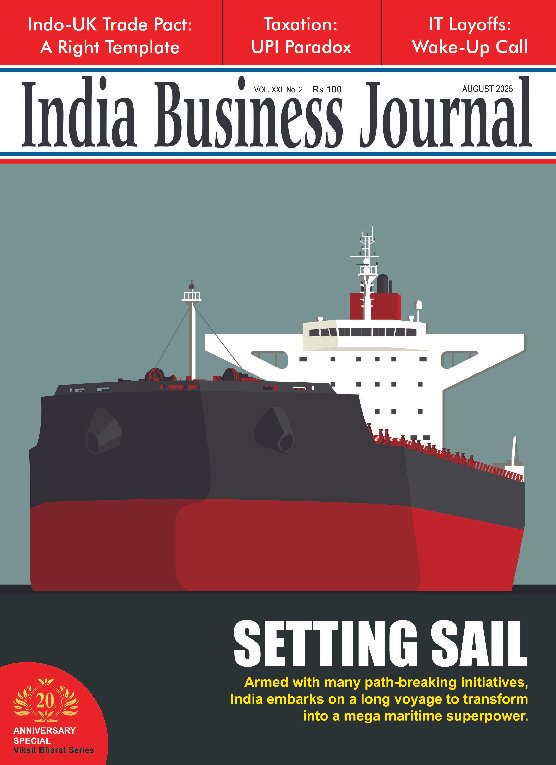





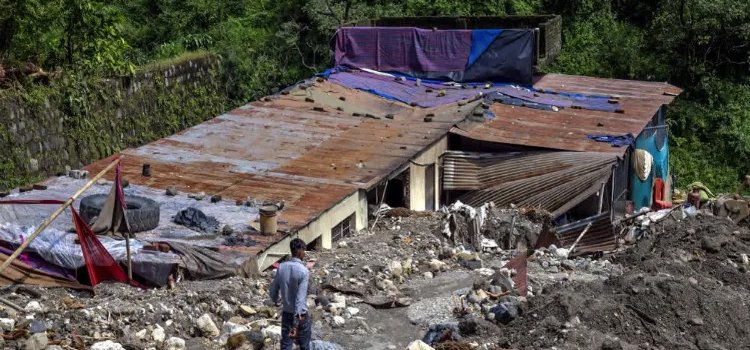

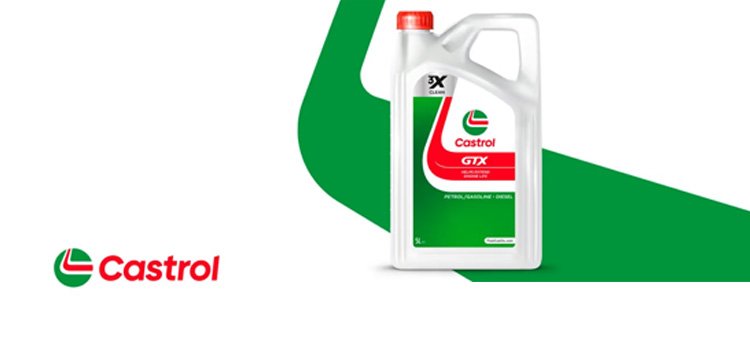

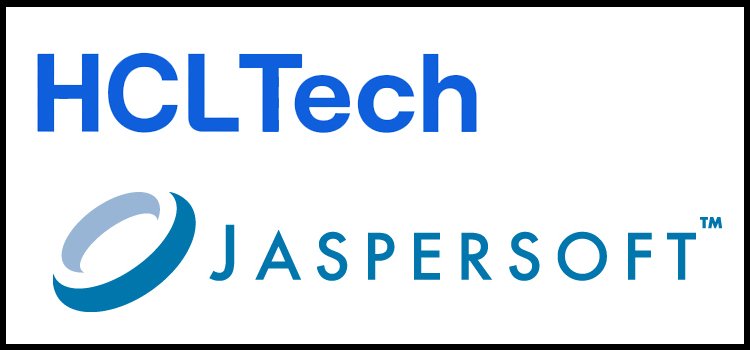





Report By
View Reporter News